Kuwait Invasion: Remembering Tough Times
Airlift, a movie about the evacuation of Indians from Kuwait during the invasion by Iraq, is much in the news these days. Here’s a first person account from Dr. MS Tarakanath, who lived through the harrowing days of the Kuwait invasion and what it took to leave the country where he had spent 25 years of his life.
Air India was instrumental in the rescue operations Photo courtesy: Eduard Marmet, Wikimedia Commons
Iraq invaded Kuwait on 1st August, 1990. We heard the news when a friend of ours communicated it to us from Australia. We were shocked and disturbed!
On that day, I proceeded as usual to my hospital, not understanding the gravity of the situation. Adjacent to our hospital complex, there was an army training camp. When I reached the area, there was chaos, everywhere! There were hundreds of abandoned vehicles in various stages of operation; some with doors opened and the ignition running, some with high priority lights on, cars parked here, there, everywhere. This visual to me, was quite morbid. It spoke a thousand words.
Much later, we learnt that the Kuwaiti army trainees had actually fled the area disguised in civilian clothes. The hospital was very gloomy. A lot of the senior staff were on vacation, too. Patients trickled in slowly. Meanwhile, the administrative officer of the hospital, who was Kuwaiti, was captured. Later, we heard he was executed!
Most of my Kannadiga friends, in the fear of being terrorised and in the uncertainty of the moment, came and stayed with me. There were about 17-18 people, in my three bedroom apartment. Amongst them were also my Pakistani neighbours, a family of parents, four daughters and a son. Our first priority was to get enough ration and supplies to maintain all these people. That was managed quite well.
In the meantime, most of the Kuwaitis left their own country, leaving behind their domestic staff( who were mostly Indians) , without their passport or any support. The Indian community organised to lodge them in the various Indian schools in the city, and the Indian businessmen organised for their food. At this point, I found myself being very active in the evacuation committee for Indians.
The Indian embassy had no accurate record of the number of Indians living in Kuwait. A team, which comprised of the Indian public, compiled a master list and organised to provide most of them with temporary travel documents. That was a huge organisational procedure. While doing this, we realised in the course of time, that there were some who needed immediate repatriation. A committee was formed to assess and categorise everybody’s needs and were prioritised according to this. Again a Master list was created based on these new statistics which I was part of. Meanwhile, the Indian embassy, on the behest of the Iraqi regime, decided to work out of Basra, an Iraqi- Kuwait border town.
The Indian government soon organised to send Indian airforce planes to Amman instead, as the Kuwaiti airport was destroyed. The committee decided to transport the Indian citizens according to the priority list, in 30 buses, everyday. The convoy would leave Kuwait in the morning, reaching Amman while passing through Iraq.
Most of my friends, who were lodged in my house, decided to leave the country in their own vehicles, including the Pakistani family. The Iraqi soldiers (real army) changed their course, and left to the Saudi border. They were soon replaced by untrained people, who got recruited in a very short time. Thankfully, these people were friendly towards Indians. I got to know them, and had many a lively conversations, while giving them lifts to various destinations, on my way to my hospital.
One of the most horrifying experience I had, during my stay for two months in occupied Kuwait was, when I was confronted by Iraqi soldiers one night at around 8pm., Kuwaiti time. Since the occupation, the standard time was also forwarded by one hour, to coincide with Iraqi time.Everyday there was curfew from 9pm to 5am. Since I was unaware of the change in timings, I had no idea that the curfew had started. I was searched, relieved of my ID card, and had to stand behind my car with a soldier pointing a loaded gun at me! There were a few Kuwaitis nearby too. I was so afraid they may start some altercation and that there would be a hell to pay! Fortunately, a captain in the Iraqi Army arrived, who knew some English. I explained that I was working in the hospital, and to prove it I showed him the white coat I was carrying in the car. The captain took heart and allowed me to carry on, but only after collecting my ID card.
By the end of September of 1990, a cargo ship carrying food supplies to Kuwait, arrived, and it could take back around 200 people. It was decided that I should accompany the children of my friends, along with all the other remaining Kannadigas, on this ship. We were allowed only one suitcase per person. My wife, who was in India on vacation visiting my daughters, had left behind all her expensive sarees. I packed all of them, taking very few of my own belongings and clothes. We were transported to Basra on a Tuesday evening, and from there boarded the ship. Since it was a cargo ship, there were no seats, except for a few. There was a single hall with about a 100 airline chairs. We accommodated all the ailing and elderly in this room. The Iraqi authorities didn’t allow the ship to leave the country, without first unloading the food grains , meant for a starving Kuwait. Negotiations and organizing took three days, and we were all stuck in Basra with very little drinking water. The food was unpalatable! Finally, we were allowed to sail on Friday night and reached Dubai on Sunday night. There the arrangements were very good and I could contact my family back in India for the first time in 2 months!!
We boarded an Indian airforce plane and landed in Mumbai on 2nd October 1990. The Bombay airport (now Mumbai) was in utter chaos. The authorities refused to ferry my wards to Bangalore, as they were originally from Hyderabad. We finally booked our journey in Indian Airways, and reached the following day on 3rd October in Bangalore.
After working as an Oncologist for over 25 years in Kuwait, I landed in my country penniless and without a future in sight.
Comments
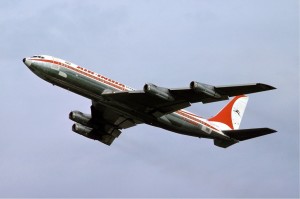
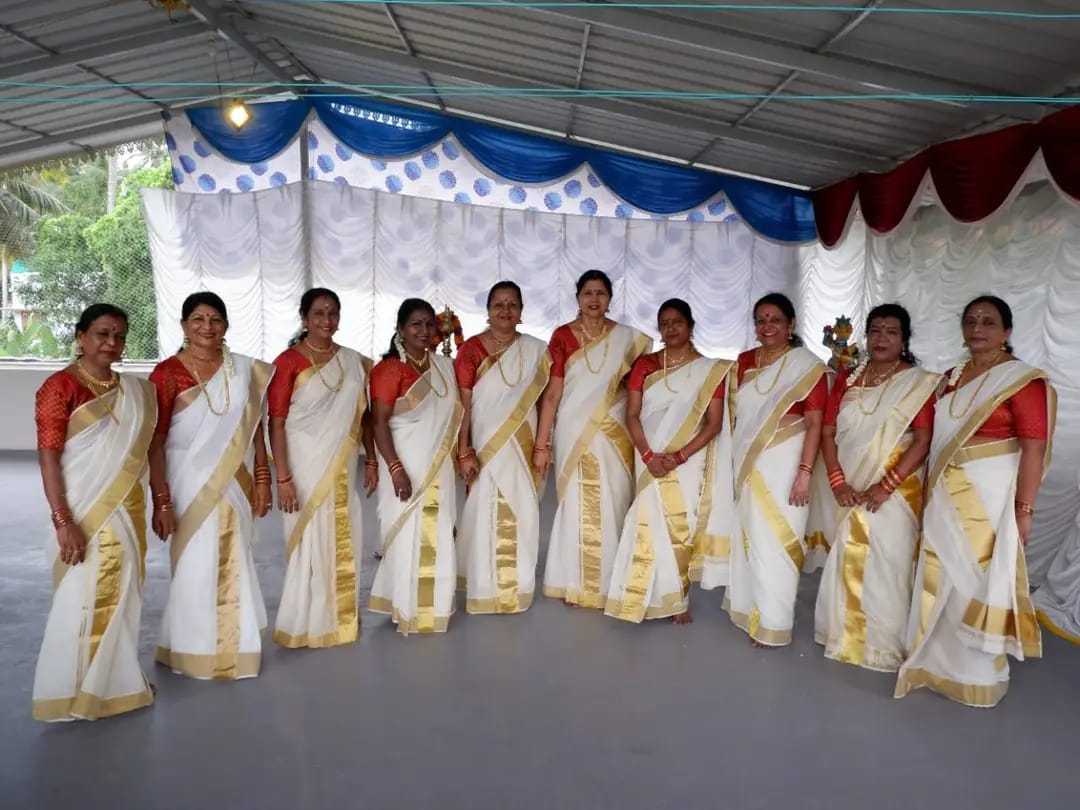
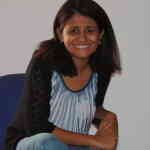

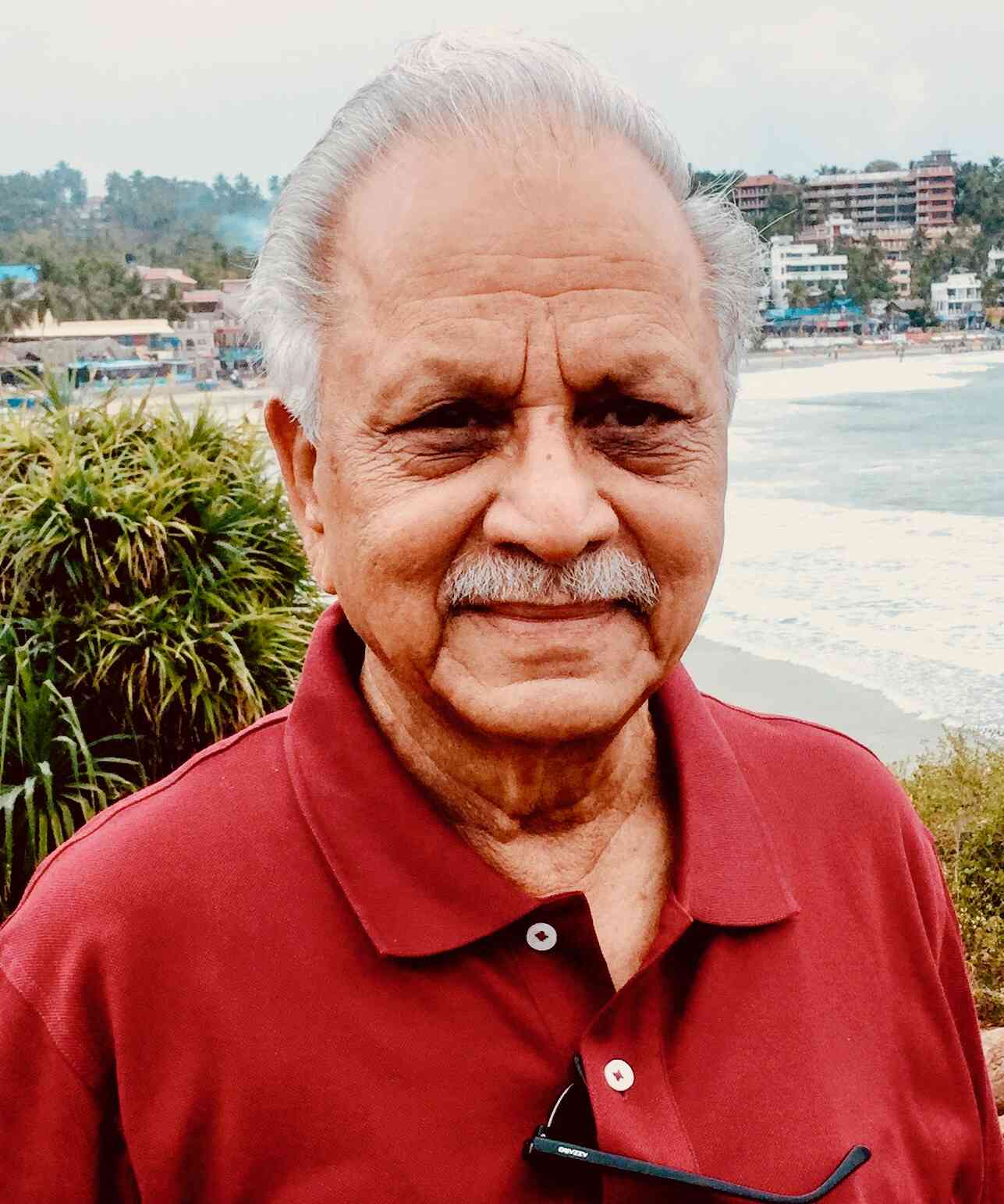
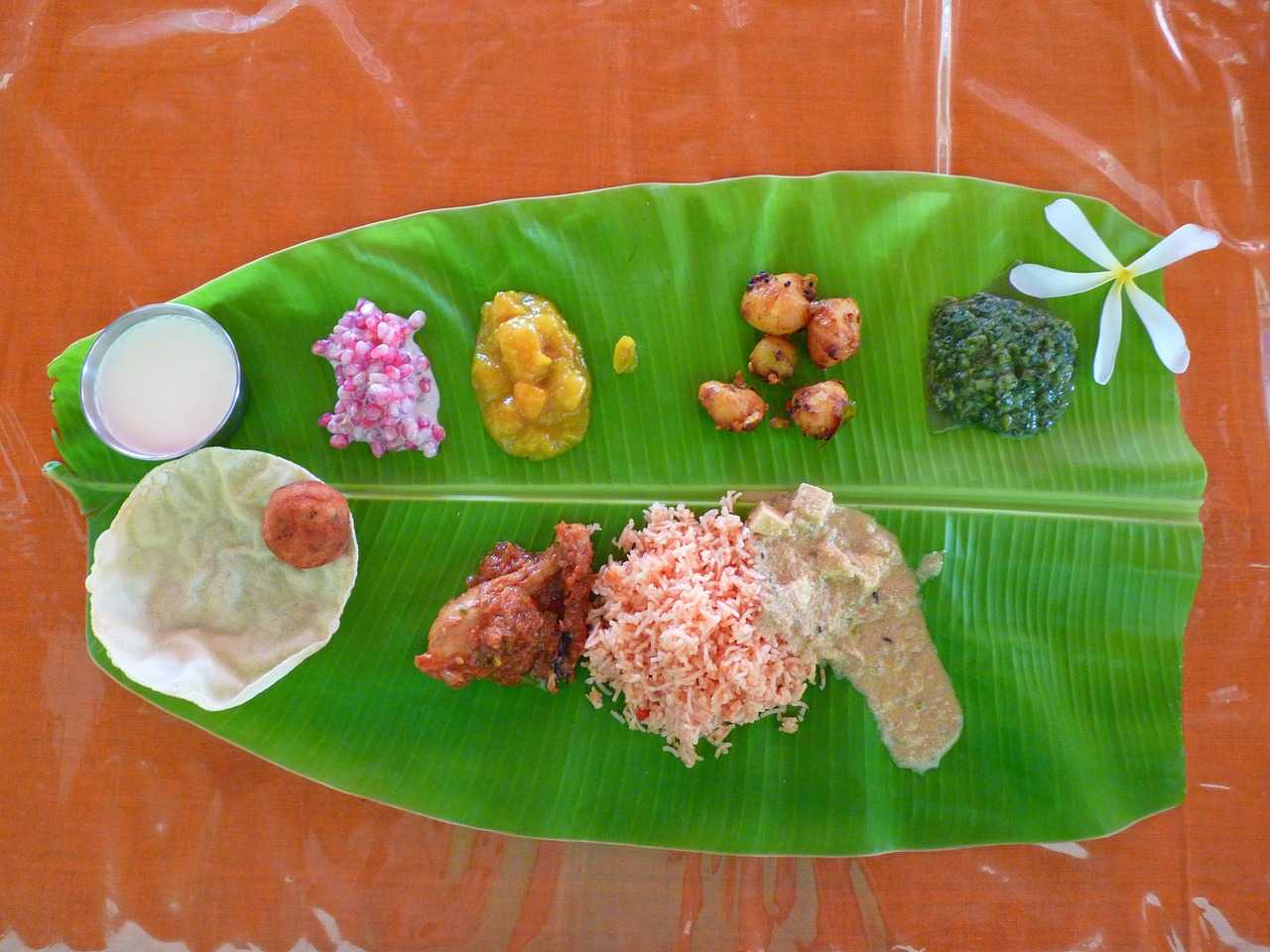
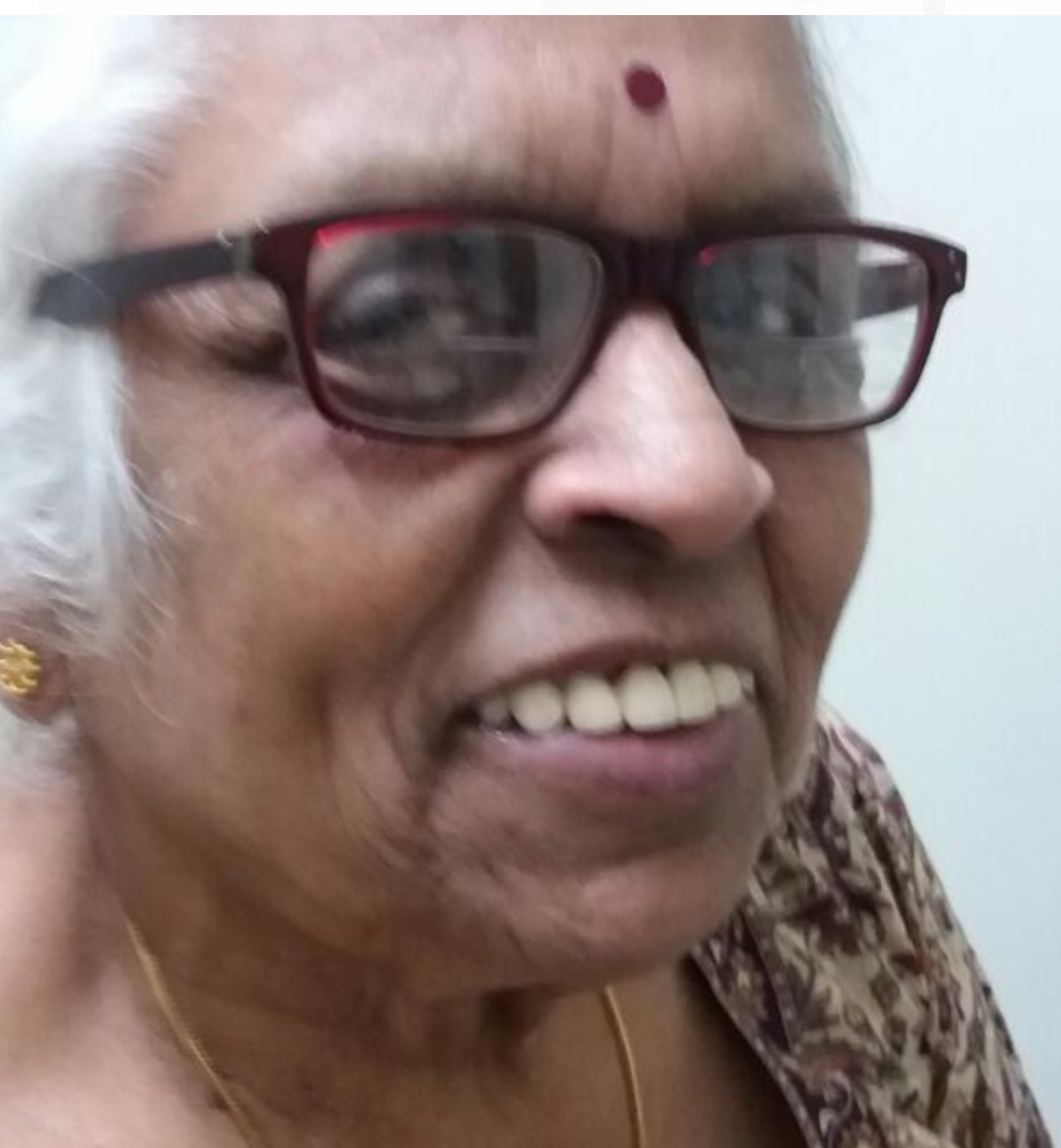
Post a comment